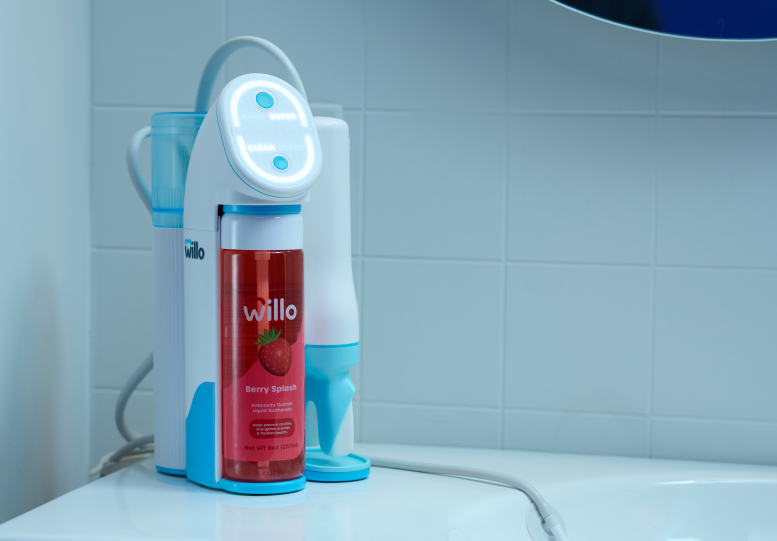The Role of Executive Functioning in Toothbrushing

by Suchi Deshpande
Toothbrushing seems like one of the simplest tasks for kids. But for many families, it’s a daily battle that often gets deprioritized among the many other things demanding attention in the moorning.
Why isn’t it simple? “Brush your teeth” may be just three simple words, but the act itself isn’t always easy for kids. Beneath this everyday habit lies something much bigger: executive functioning (EF).
In a nutshell executive functioning (EF) is a set of processes that reside in the frontal lobe of your brain that help you access cognitive functions. Click here to learn more about it.
Why Toothbrushing Is Hard
Brushing well requires a surprising number of EF and motor skills to come together at once. Here’s a simple breakdown:
- Initiation: Starting without reminders
- Sequencing: Following steps in the right order
- Fine Motor Control: Squeezing toothpaste, handling the brush
- Self-Regulation: Staying focused for 2 minutes
- Self-Monitoring: Checking if teeth are clean and the sink isn’t a mess
Here’s the kicker: executive functioning skills don’t fully develop until around age 25. So for kids, it’s completely normal to struggle with routines that demand planning, sequencing, and consistency. What looks like resistance is often just a brain still learning how to manage.
Brushing teeth is just one of many chores kids face each morning. If they stumble on one, it can throw off the rest of the routine.
Traditional supports like visual schedules, timers, and supervision can help with consistency, but they don’t always improve the quality of brushing.
Where Willo Comes In
Willo is the next evolution in technology that adapts to kids’ needs, eliminates friction, and frees up cognitive bandwidth for learning and independence.
Its automatic toothbrushing system represents this shift by handling the technical parts and allowing kids to:
- Focus on initiating the habit
- Build confidence in self-care
- Strengthen EF skills like consistency and independence
How Willo changed our mornings
- Fewer reminders: My kids now brush on their own with 80% less prompting.
- More independence: They take pride in finishing the task well.
- Better mornings: Instead of nagging, we high-five for a job well done and have a good start to the day.
- Cognitive bandwidth: With brushing handled, they have more focus left for the other morning tasks.
- Smoother routines overall: Because brushing isn’t a struggle anymore, the rest of their morning chores, getting dressed, packing bags, eating breakfast. flow much more smoothly.
- BONUS: They now brush in the evenings with no friction 😱
But What About …?
- Overreliance on Technology: Willo doesn’t eliminate EF training, it removes the mechanical friction of brushing. That means kids can master the routine faster and with less frustration, while still building initiation, self-regulation, and independence.
- Missed Learning Opportunities: Toothbrushing isn’t the only EF training ground. Kids practice the same skills across dozens of daily tasks. As a parent running on fumes most days, I choose to prioritize higher-value routines.
- Shortcut or Independence: Ever heard of work smarter, not harder? Willo embodies that and reinforces consistency. Independence isn’t about doing things the hardest way possible; it’s about building sustainable success.
- Cost: Like every new innovation, Willo is an investment in my kids health. Between the cost of sealants, cavity treatments, and those cringe-worthy parent moments when my kid runs out the door without brushing, Willo has more than paid off for us
What Matters
Willo isn’t about replacing effort, it’s about reducing friction so kids can succeed sooner. By evolving our tools, from charts and timers to smart systems like Willo, we’re not taking away the challenge. We’re giving kids the support they need to win it.
Brushing isn’t just a daily chore, it’s practice in independence, responsibility, executive functioning, and, ultimately, oral and overall health.





